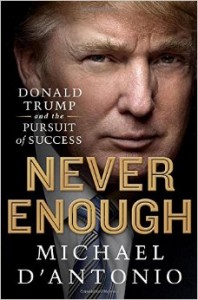
We’ve been doing a lot of reading leading up to and since the election: as you’d expect there is no shortage of opinions of what is going to happen to financial markets and how investors should position themselves as a result.
The investing opinions vary as extremely as the political views. We’ve read crazy things and some very sensible things. Perhaps the best articulation of how to approach this was written by Ron Lieber in the New York Times on Wednesday when he asked, “Are your goals different now?”
“Once upon a time — like, say, last week — you had an investing plan that was based on goals that may come years or decades from now. Perhaps you’re hoping to buy your first home. Maybe you’re trying to save enough to send a couple of children to college. You hope to retire by age 67.
Has any of that changed? If it hasn’t yet, then it’s not clear why your investments should.” – Ron Lieber, New York Times
Big events happen and market volatility sometimes accompanies. That doesn’t mean you should try to guess the market’s reaction. As Lieber hints, changing your investment strategy to either protect you or try to take advantage of market volatility can be a sucker’s game. At best you’ll get lucky: at worst you’ll fall victim to many of the psychological pitfalls that leave most investors, both individual and institutional, chasing the market to the detriment of their investment performance. Speculating and investing are very different things. You are an investor and investing successfully is a long term game.
So what should you do?
1.) Ignore the noise






